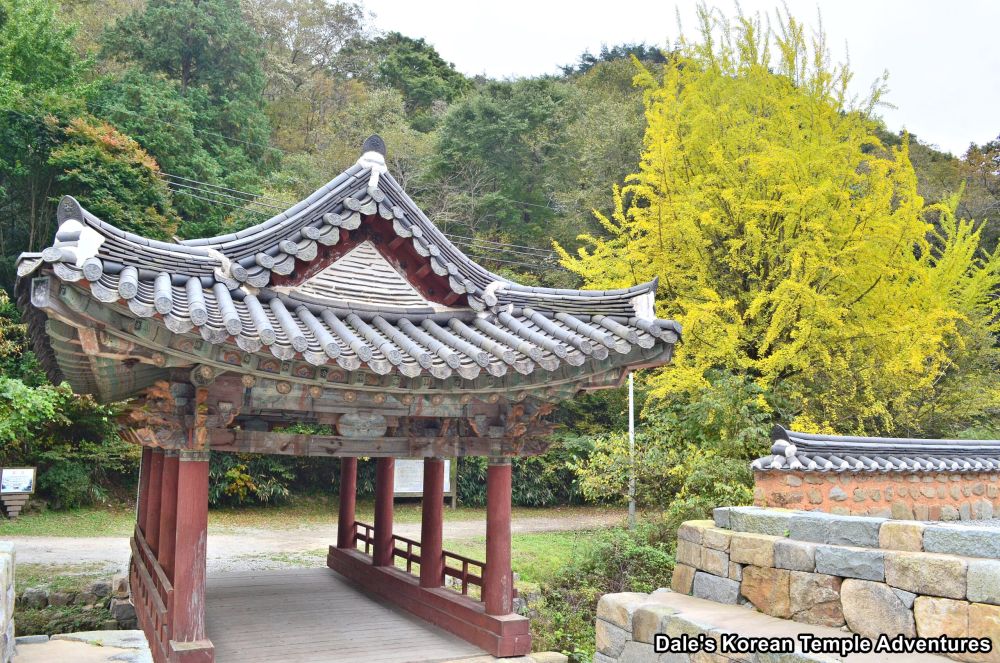

The Gwanumsa Temple in Kaesong is a historic Buddhist temple with origins that are deeply intertwined with local culture and traditions, including food. The temple's food history is reflective of the Buddhist practice of vegetarianism, as many monks adhere to a diet that abstains from meat. Traditionally, temple food in Korea is based on seasonal, local ingredients and avoids artificial flavors. Cooking is considered a meditative practice, and meals are prepared with mindfulness and simplicity, following the principle of Balwoo gongyang, which emphasizes not wasting food and considering the effort that went into preparing it.
While specific restaurant details in Kaesong, North Korea, are not widely documented as they would be in other countries, tourists may find dining establishments within Kaesong city that offer traditional Korean cuisine. It's worth noting that foreign tourists in North Korea are typically only allowed to dine out at government-approved restaurants, which are designed to cater to tourists and offer a selection of traditional local dishes.
Tongil Restaurant (통일식당)
Address: Gwanumsa Temple area, Kaesong
Famous Food: Traditional Korean Course Meal (Veg/Non-Veg) – A set menu offering a range of Korean dishes that adhere to the authentic culinary style of the region.
Kaesong Folk Hotel Restaurant
Address: Minsok Hotel, Kaesong
Famous Food: Korean Table d'Hote (Veg/Non-Veg) – A collection of various traditional dishes, often served to travelers staying at the folk hotel.
Janamsan Hotel Restaurant
Address: Janamsan Hotel, Kaesong
Famous Food: Pyongyang Cold Noodle (Naengmyeon) (Non-Veg) – A dish that's popular throughout Korea. The vegetarian option can be requested, omitting the typical slices of meat.
Due to the nature of tourism in North Korea, visitors are usually accompanied by a tour guide, and it is advised to communicate dietary preferences well in advance to ensure vegetarian options are available.